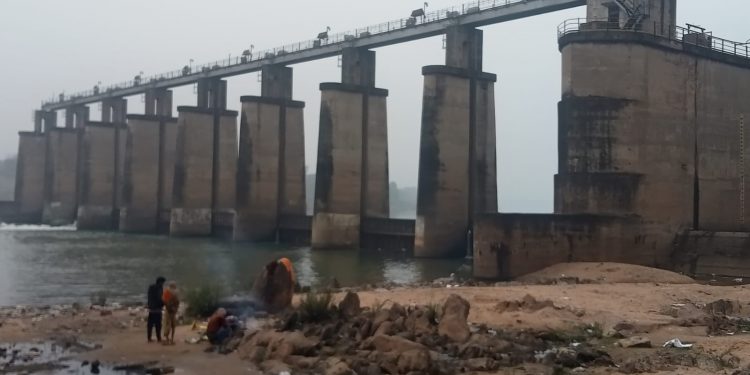Rourkela: Delay in identifying land has further pushed the setting up of an Effluent Treatment Plant (ETP) in Rourkela into uncertainty.
The proposed ETP would prevent the rampant contamination of three major rivers — Brahmani, Koel and Sankh – arising from the discharge of toxic effluents.
The water of the three rivers is reported to be heavily polluted owing to discharge of untreated effluents directly into the water bodies. The state government had planned to make these rivers free of pollution, however, the project has been hanging fire owing to inordinate delay in land identification.
Speaking on the issue, SPCB Regional Officer Anup Mallick said, “After Cuttack, it is Rourkela which has an ETP functioning at Balughat. But, we need more such plants.” “Earlier it was presumed that all effluents are industrial, and here Rourkela Steel Plant (RSP) has taken care of that. Meanwhile, they are also creating more such plants near their oxidation pond at Sector14.”
Tardy land identification for the plant has delayed the entire process. Six months back, a team of experts from SPCB had visited Rourkela. The team had stressed setting up and also upgrading the ETP based on modern technology. Following this, a round-the-clock monitoring station known as the Brahmani Monitoring Station (BMS) was set up.
Meanwhile, funds were allocated for the ETP at Koelnagar and RSP area. However, the ETP project is hanging in suspended animation as no land has been identified and handed over to RMC for the purpose.
Queried in this regard in the past, then deputy commissioner of RMC (now transferred) Sudhansu Bhoi, had said, “We are aware of it. For that, we have written to the Revenue Department because the land has to be identified and handed over to us. We are ready to proceed after that because we have the funds with us for the project.” Incidentally, the post of ADM and Commissioner RMC is held by the same person. The former incumbent was Dr Subhankar Mohapatra, who has been shifted to Jajpur as DM.
At present, one ETP is functional, though not fully, at Balughat which is treating 40 MLD of effluent daily. The plant is not functioning at its full capacity because only 20 per cent households have been connected to this plant despite best efforts by the sewerage board. A news article in this regard was published by OrissaPOST earlier.
Speaking about pollution of Koel river at Koelnagar, Mallick said, “We saw that the discharge has reduced considerably now, the reason of which is being ascertained.”
PNN






































